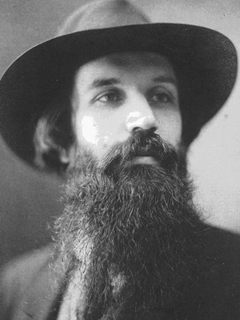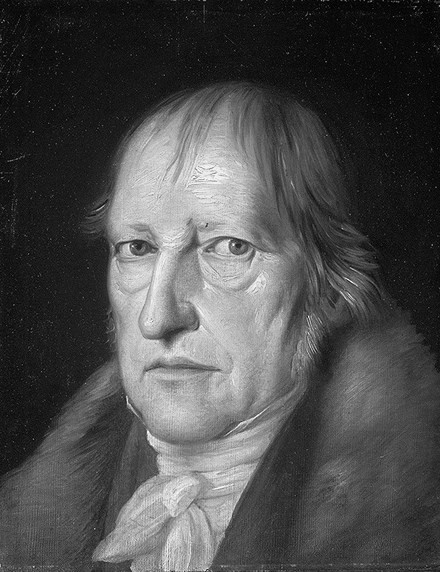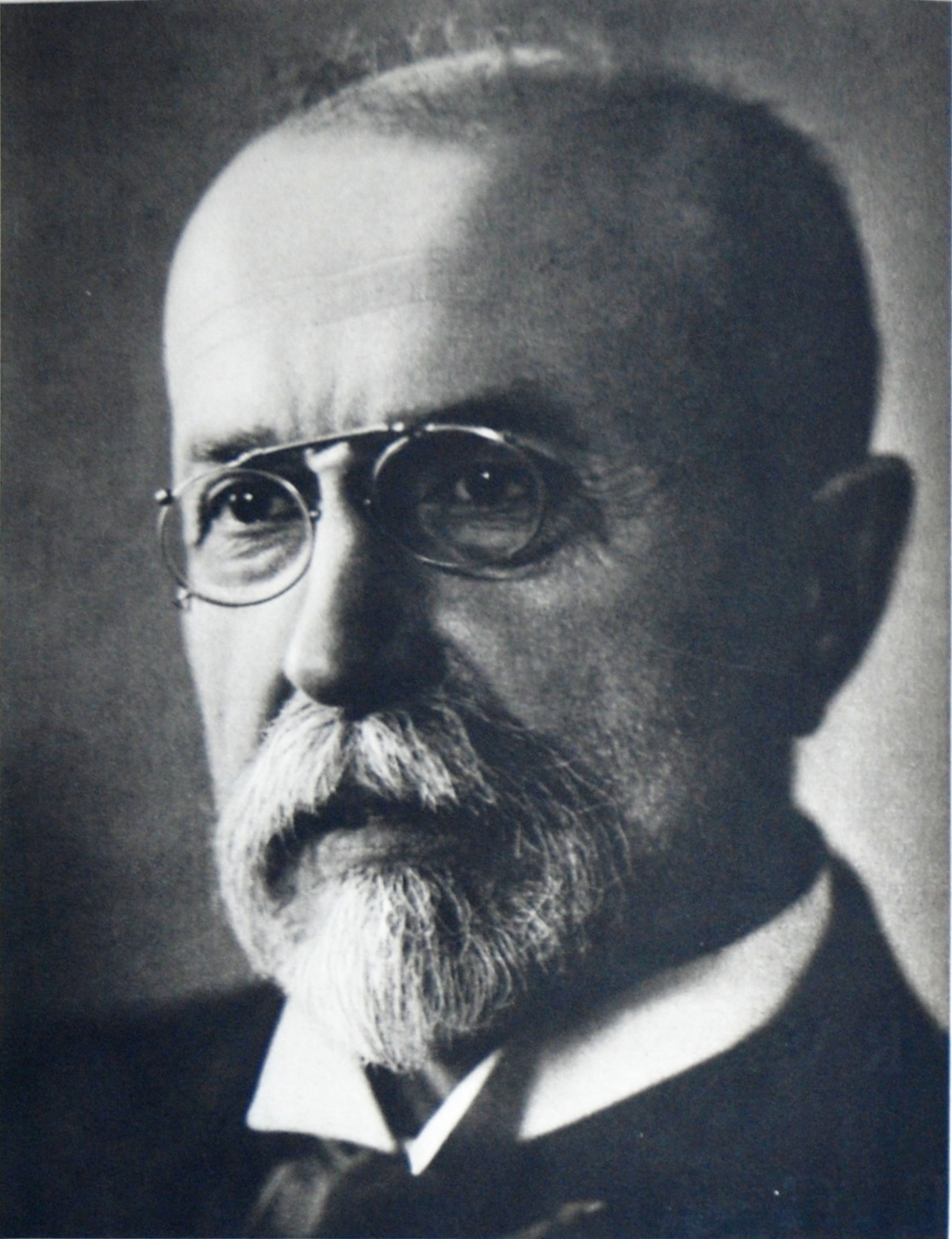Boris Jakovenko
1884-1949
Philosopher, historian of philosophy, he initially belonged to the leaders of the third generation of Russian neo-Kantianism and was a member of the journal Logos. He emigrated in 1906, first studying with Windelband and Rickert, then living in Italy, before finally settling in Czechoslovakia in 1921 upon the personal invitation of Masaryk. He was closely acquainted with the Czech anti-positivist thinkers around Ferdinand Pelikan and the journal Philosophical Action (Ruch filosofický). He was also a central figure in the rationalist philosophy circles of the Russian emigration in Prague. Published the journal Der russische Gedanke. He maintained close ties with the German neo-Kantians and Italian neo-Idealists, seeking to act as a bridge between them and Czechoslovak philosophers.
(1938). Dějiny ruské filosofie. Praha: Orbis.
(ed) (1937). Internationale Bibliothek für Philosophie 3 (2).
(ed) (1937). Internationale Bibliothek für Philosophie 3 (10).
(1936). Vom Wesen der Philosophie. Prag: Der russische Gedanke.
(1936). Zur Kritik der Logistik, der Dialektik, und der Phänomenologie: Erste Lieferung. Prague: Internationale Bibliothek für Philosophie.
(ed) (1936). Internationale Bibliothek für Philosophie 2 (7-8).
(ed) (1936). Internationale Bibliothek für Philosophie 2 (3-4).
(ed) (1935). Internationale Bibliothek für Philosophie 1 (2).
(ed) (1935). Internationale Bibliothek für Philosophie 1 (3).
(ed) (1935). Internationale Bibliothek für Philosophie 1 (9-10).
(ed) (1935). Internationale Bibliothek für Philosophie 1 (5-7).
(1934). Die russischen Hegelianer: (P. Bakunin, B. Tschitscherin, N. Debol’skij). Der russische Gedanke, Erg. (3), 151-156.
(1934). Vorwort. Nikolaj Onufriewitsch Losskij und seine Lehre. Der russische Gedanke, Erg. (3), VII-XVIII.
(ed) (1934). Der russische Gedanke Special Issue Erg. (3).
(1930). Die Philosophie in ihrem Verhältnisse zu den anderen Hauptgebieten der Kultur. Der russische Gedanke, Erg. (1), 125-150.
(1930). Dreissig Jahre russischer Philosophie (1900-1929). Der russische Gedanke, 1 (3), 325-349.
(1930). Fünf Jubiläen. Der russische Gedanke, 2 (1), 96-102.
(1930). Kritische Bemerkungen über die Phänomenologie. Der russische Gedanke, 2 (1), 25-32.
(1930). La dottrina della conoscenza e la logica di Masaryk. Der russische Gedanke, Erg. (2), 215-224.
(1930). Masaryk und die russische Philosophie. Der russische Gedanke, Erg. (2), 105-120.
(1930). Masaryks Begriff von der Philosophie. Der russische Gedanke, Erg. (2), 211-214.
(1930). Ueber den VII. internationalen philosophischen Kongress in Oxford. Der russische Gedanke, 2 (1), 109-113.
(1930). Vorwort. Der russische Gedanke, Erg. (2), vii-x.
(1930). Vorwort. Der russische Gedanke, Erg. (1), v.
(1930). Zur Kritik des Psychologismus. Der russische Gedanke, 1 (3), 238-239.
(ed) (1930). Der russische Gedanke 2 (1).
(ed) (1930). Der russische Gedanke Erg. (1).
(ed) (1930). Der russische Gedanke Erg. (2).
(1929). Die Grundvorurteile des menschlichen Denkens. Der russische Gedanke, 1 (1), 29-48.
(1929). Edmund Husserl und die russische Philosophie. Der russische Gedanke, 1 (2), 210-212.
(1929). Ettore Lo Gatto, Storia della letteratura russa, Vol.1-3. [Review of the book , by ]. Der russische Gedanke 1 (1), 106-107.
(1929). F. M. Dostojewski, Die Urgestalt der Brüder Karamasoff. [Review of the book Die Urgestalt der Brüder Karamasoff, by F. Dostoevskij]. Der russische Gedanke 1 (1), 107.
(1929). Geleitwort. Der russische Gedanke, 1 (1), 1-3.
(1929). N. O. Lossky, The World as an Organic Whole [Review of the book The world as an organic whole, by N. O. Losskij]. Der russische Gedanke 1 (1), 109-110.
(1929). Zur Kritik der Dialektik. Der russische Gedanke, 1 (2), 130-137.
(ed) (1929). Der russische Gedanke 1 (1).
(ed) (1929). Der russische Gedanke 1 (2).
(1928). Vom Wesen des Pluralismus: ein Beitrag zur Klärung und Lösung des philosophischen Fundamentalproblems. Bonn: Cohen.
(1921). Filosofija bol'ševizma. Berlin: Russkoe Universalʹnoe Izdatel'stvo.
(1911). O logose. Logos. Meždunarodnyj ežegodnik po filosofii kultury, 1, 57-92.
with Hessen Sergius, Stepun Fedor (eds) (1911). Logos. Meždunarodnyj ežegodnik po filosofii kultury 1.
(1910-1911). B. Croce, Filosofia dello spirito [Review of the book Filosofia dello spirito, by B. Croce]. Logos. Internationale Zeitschrift für Philosophie der Kultur 1, 161-162.
(1910-1911). B. Varisco, I massimi problemi [Review of the book I massimi problemi, by B. Varisco]. Logos. Internationale Zeitschrift für Philosophie der Kultur 1, 287-288.
with Hessen Sergius, Stepun Fedor (1910-1911). Über die gegenwartige Lage der Philosophie in Russland: Aus der Einführung in die russische Logosausgabe. Logos. Internationale Zeitschrift für Philosophie der Kultur, 1, 151-158.



